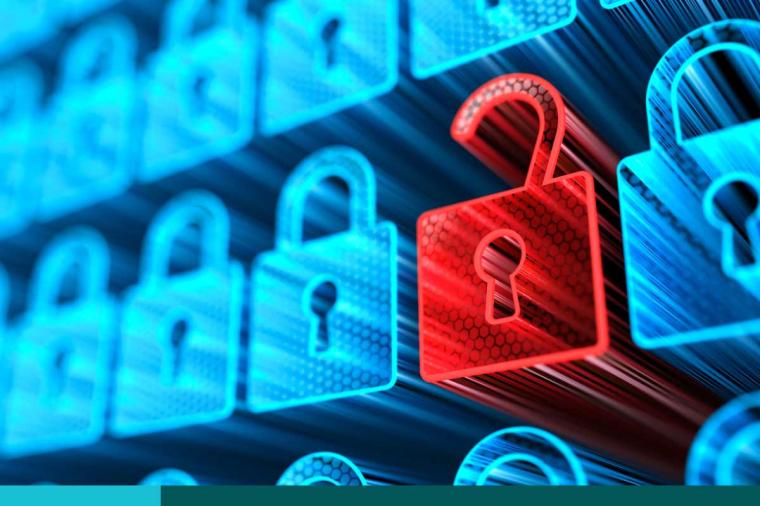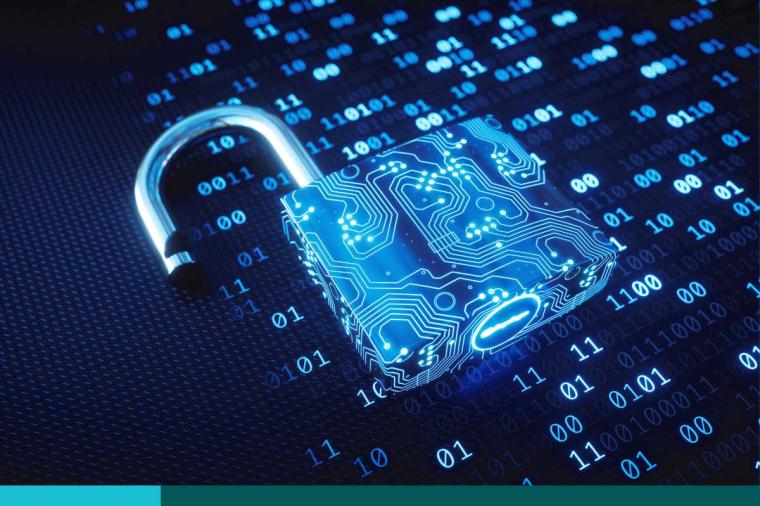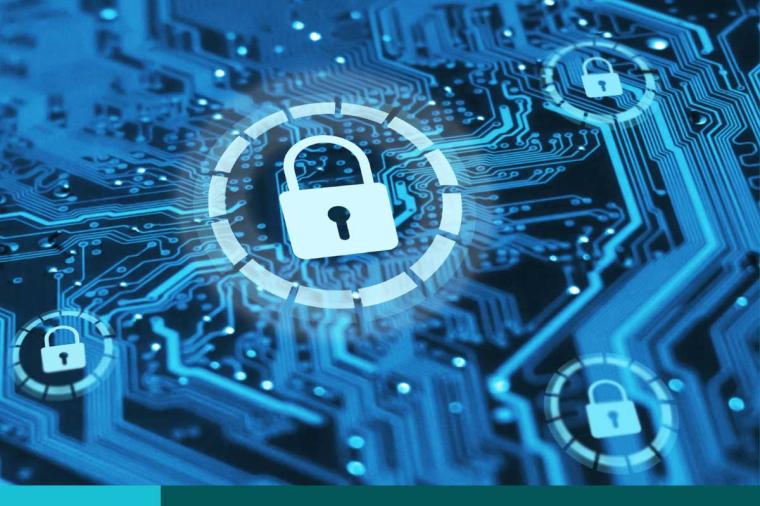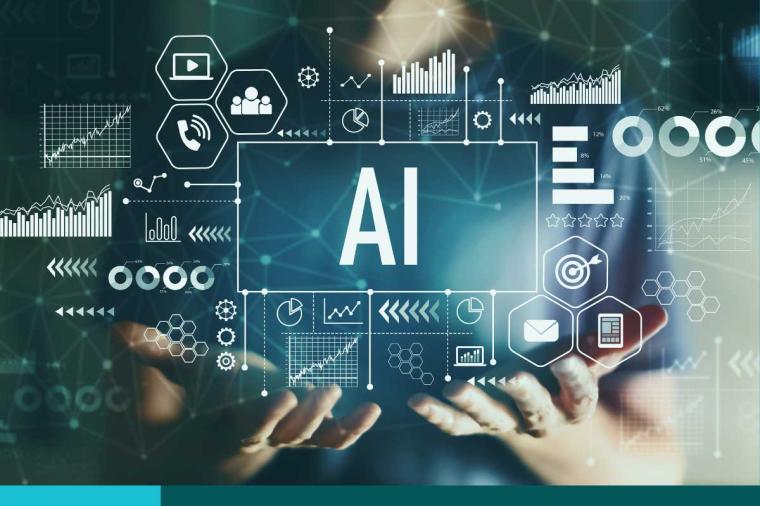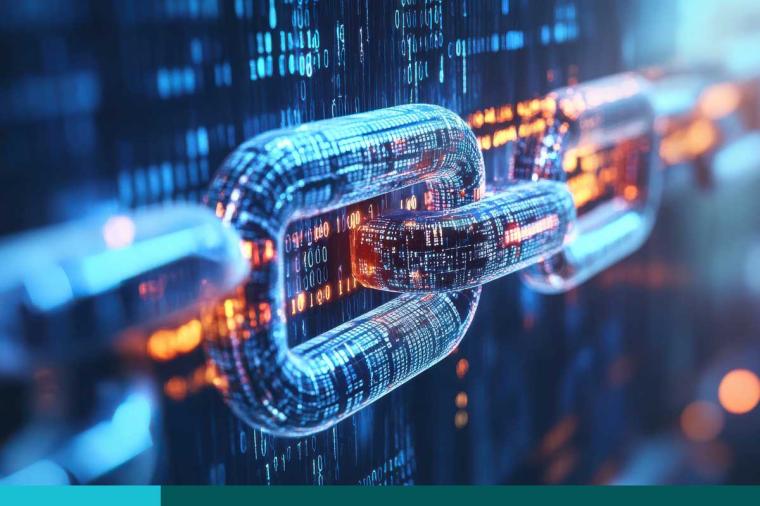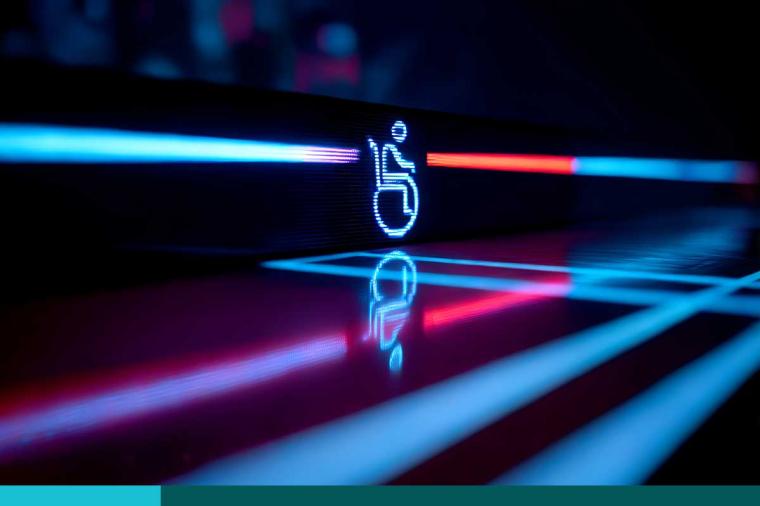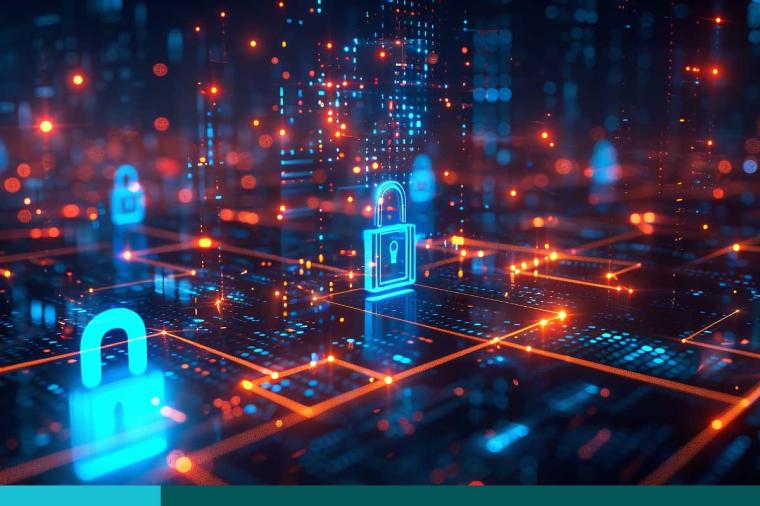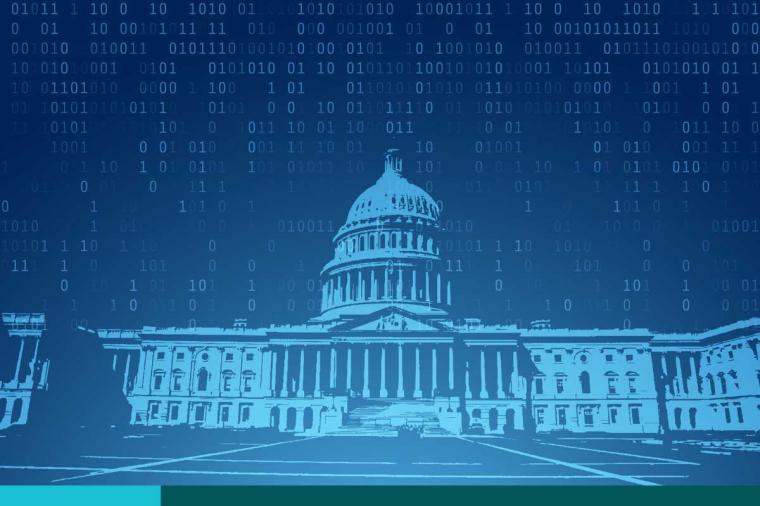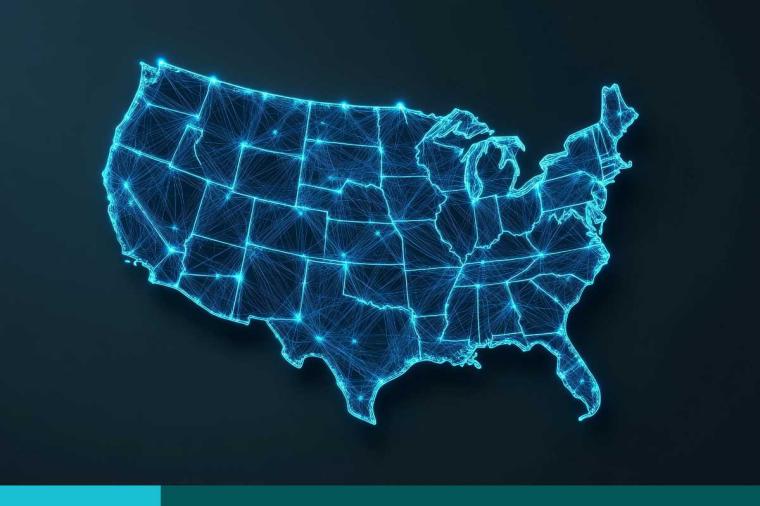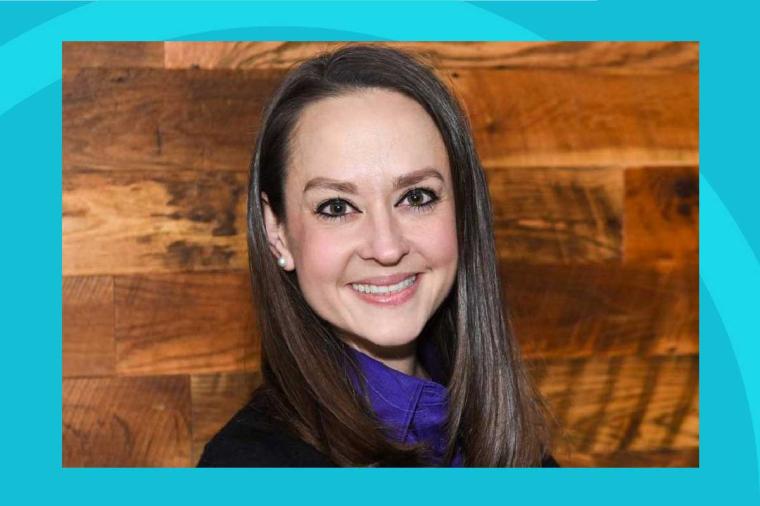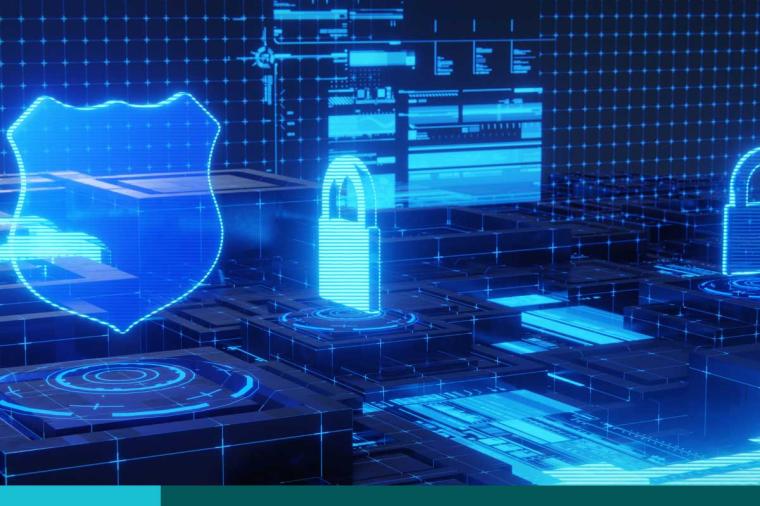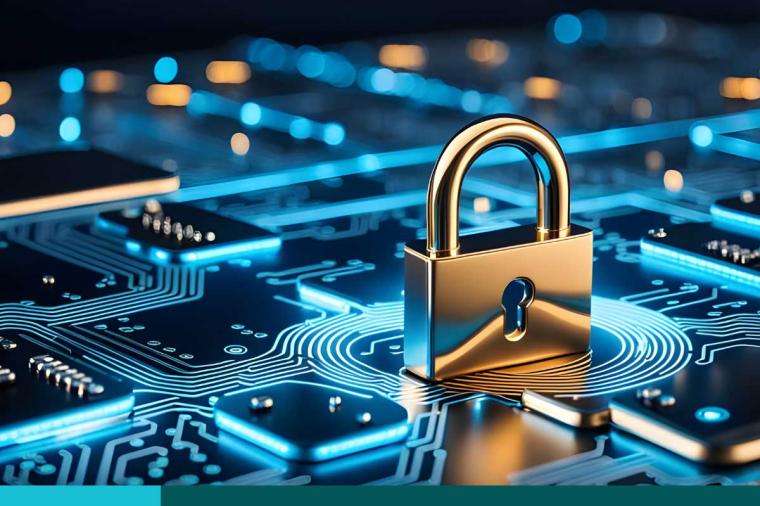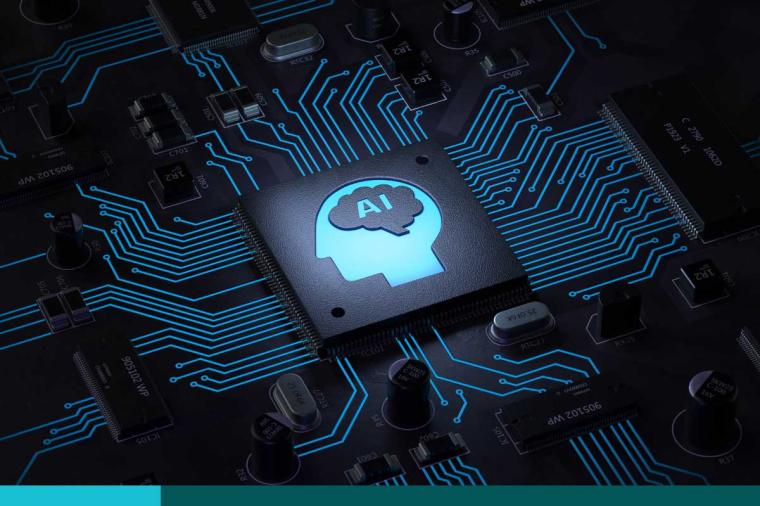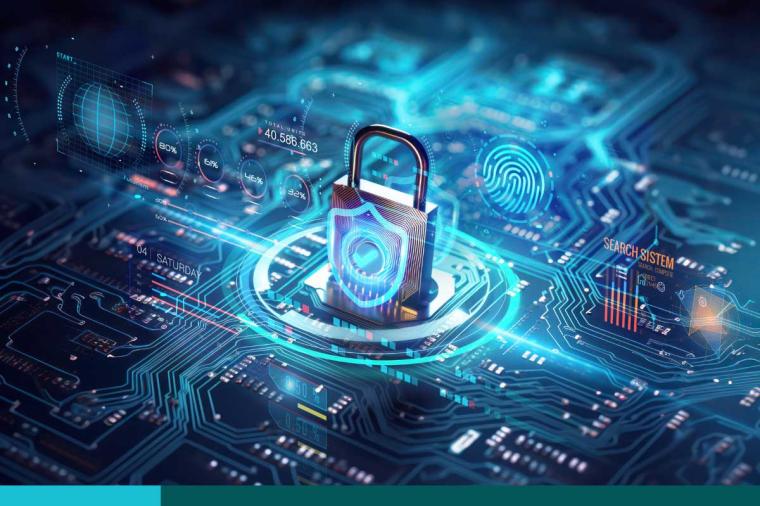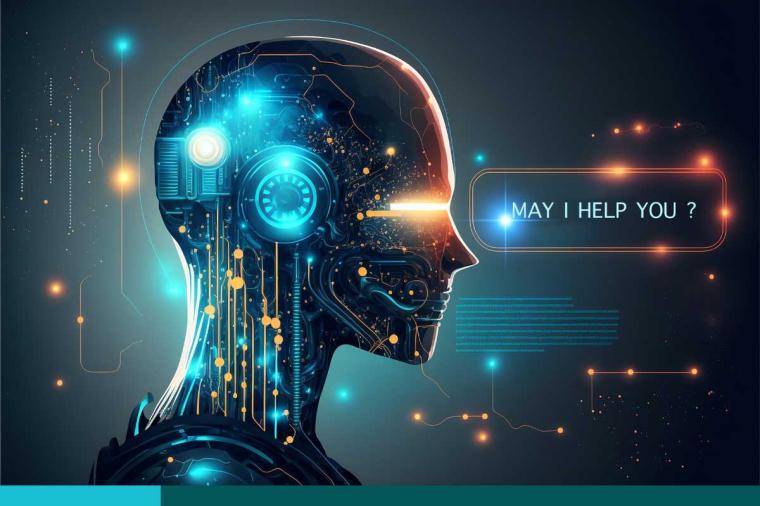A New Era of Innovation: FY25 Opportunities in EdTech

This year’s annual EDUCAUSE Conference took place in San Antonio, Texas, where higher education leaders shared key insights into top edtech trends, priorities and challenges shaping the higher education landscape.
The 2025 Educause Top 10 priorities list addresses how higher education technology and data leaders can work together to restore trust within the education sector by building competent and caring institutions through collaboration, consistent results and shifting from monolithic systems and processes to more flexible and unified solutions.
Together, education leaders and technology professionals can work together to support a new generation of students and leaders by transforming operations, utilizing innovative solutions such as automation and supporting efforts in individualized teaching and learning, ultimately enhancing public confidence in today’s higher education institutions.
These highlighted technology trends, priorities and policies are guiding IT buying decisions and more broadly, the future of higher education.
FY 25 Top Priorities
Data
Data, data, data. These days, everything relies on data; it probably comes as no surprise that the number one priority for higher education institutions in FY25 is promoting “the Data-Empowered Institution,” supported by data, analytics and AI to bolster student success, offset enrollment challenges, provide funding for research and minimize inefficiencies.
Improving data management, quality, integration, literacy, privacy and governance has become a top focal point within Higher Ed, with emphasis on data as a driver for informed and improved decision-making. There have been significant advancements in technology and innovation over the last few years, such as visualization technologies and the introduction of generative AI, driving more attention towards overall data quality and governance. Data is now valued as a strategic asset, with data democratization as a key pillar and higher education leaders are striving to find the right balance between accessibility of data and student privacy. Higher education Institutions are implementing data strategies that can improve academics and campus culture, and eliminate data siloes that create obstacles to progress. Data also bridges gaps in equity and accessibility, which continues to be a focus nationwide. Yale University has made significant strides in its data journey, building AI-powered data tools and enhancing overall staff productivity.
Administrative Simplification
The number two priority on the EDUCAUSE top 10 list is “Administrative Simplification.” The post-Covid education landscape is dependent upon industry adaptability and modernization and education institutions are shifting into a new generation of administrative solutions in order to keep pace. With a modern ERP and simplified processes, education institutions can enhance business operations, reduce costs and bolster strategic capabilities. Administrative cost reduction will continue to stay top of mind, as higher education institutions have seen revenues declining, while trying to offset the expectation of academic affordability and quality. Miami University is a great example of a university that has modernized its business processes through the implementation of a new ERP with human resources, finance and student solutions.
Other top priorities from the list include advancing institutional strategies to safeguard privacy and secure data; tailoring the role of the CIO to lead digital strategy and operations in an era of frequent leadership transitions and resource limitations; building institutional resilience to prepare for and address a multitude of risks, support decentralized decision-making and prepare the workforce; using technology to become better, faster and less expensive by personalizing services, automating work and increasing agility; and updating and unifying digital infrastructure and governance to increase institutional efficiency and effectiveness and enhance the student experience.
These shifts are creating opportunities for vendors who specialize in visualization tools, automation and machine learning, analytics, making data discoverable and accessible, as well as for those who have robust solutions to enhancing data management and use of data. Show your higher education customer how easy it is to integrate your solution within their existing data infrastructure and how streamlining operations will create institutional efficiencies, reduce administrative cost burden and bolster overall resilience and agility.
Personalized and individualized teaching and learning has become a cornerstone of today’s educational framework, and technology companies should approach sales conversations with innovative ways to help education leaders create a culture of innovation, adaptation and transparency.
Artificial Intelligence (AI)
You can’t have a technology conference without talking about AI. In FY25, education institutions are working to set an overall vision and direction for AI, create an AI management framework and strategy and begin building a foundation and infrastructure that can support its implementation.
Education leaders are hopeful about AI’s ability to provide added value to education operations, specifically within student success, teaching and learning, operational excellence and research and innovation.
For instance, the University of Tennessee has an AI assistant with a focus on accessibility. Oregon State University is leveraging Copilot to enhance cybersecurity efforts, which in turn is helping analysts do better security work. Babson College has a comprehensive AI strategy built around curriculum, the Student Experience and operations. And Indiana University is adopting AI to connect with the business world, utilizing its capabilities for more personalized learning and career readiness which it demonstrated using AI for mock interviews with students if a career coach was unavailable.
Naturally, there are concerns when it comes to AI’s implementation. For instance, when thinking about GenAI, education leaders have concerns around equity, the potential of widening the digital divide, how to level the playing field for all students, the cost ownership models, bias in algorithms, and issues around ethical use cases. With the implementation of innovative technologies like AI, there is also a strong desire to preserve the human element that contributes to a holistic learning environment.
To address these concerns, IT companies should position themselves as partners in the quest to restore institutional trust, security and accessibility. Show your higher education customer how your technology will help create a culture of personalization and care, while addressing systemic operational inefficiencies and siloed processes.
IT companies should also continue to stay abreast of developing regulations and policies governing AI and its usage, with the understanding that security, privacy, equity and accessibility and data governance will be top priority. For IT companies in the security and/or privacy space, education customers will be looking to bake in stringent security and privacy measures throughout all layers of AI’s execution. This “secure by design” approach will require the protection of all AI systems and critical infrastructure from cyber threats. Secure and resilient AI software development and implementation will require software vulnerabilities to be addressed, and AI manufacturers will need to prioritize security throughout the product’s entire lifecycle.
FY25 Opportunities
Stepping into this new era of innovation and institutional resilience, cybersecurity investments will be paramount to sustainability. Approaching security technology from the foundational level and baking in security throughout technology design from beginning to end supports overall resilience, thereby providing the framework for tackling accompanying data privacy issues. Higher education buyers will want to invest in solutions that provide robust security, such as keeping operating systems up to date, tailored backup software, requiring multifactor authentication and encryption tools. Technologies that support data integration and management, such as visualization tools and AI, will be necessary components of institutional resilience.
Data continues to be a constant theme within higher education, particularly when it comes to tackling institutional challenges such as the enrollment crisis and leveraging analytics for actionable insights to improve learning and student success. Technology vendors that specialize in cloud solutions will also see ample opportunity here, since cloud computing can support the unity of data sources, process automation to enhance student services and bolster security posture. Position yourself as a problem solver – how can your solution tackle the challenges around data overload, inaccuracy, student data privacy, interoperability and data security.
The evolution of a hybrid teaching and learning culture, supported through digital solutions, calls for a flexible approach to education and learning. Higher Ed IT buyers recognize that a learning-enabled technology strategy will require interoperable and sustainable systems. Blended learning models will also spur demand for unified endpoint management to accommodate a diversity of devices.
In 2025, there is a multitude of new and innovative technology trends that are influencing the next generation of learning models and that present significant opportunities for technology vendors. Long gone is the age of antiquated infrastructure, siloed data, and operational inefficiencies. As we head into 2025, we can expect to see continued demand for technology tools and solutions that support collaboration, accessibility, interoperability, resilience and security. IT companies can showcase how their technologies can help contribute to a new generation of teaching and learning, supported by a foundation of partnership, personalization and trust.
To get more TD SYNNEX Public Sector Market Insight content, please visit our Market Intelligence microsite.
About the Author: Yvonne Maffia is the senior analyst covering state, local and education markets. She applies insights and analysis to purchasing trends to help vendors and partners shorten their sales cycles. Prior to joining TD SYNNEX Public Sector, Yvonne spent 8 years working in state and local government, where she oversaw advisory boards across the State of Florida and served as an analyst to a local politician. Yvonne currently lives in Washington, DC.
